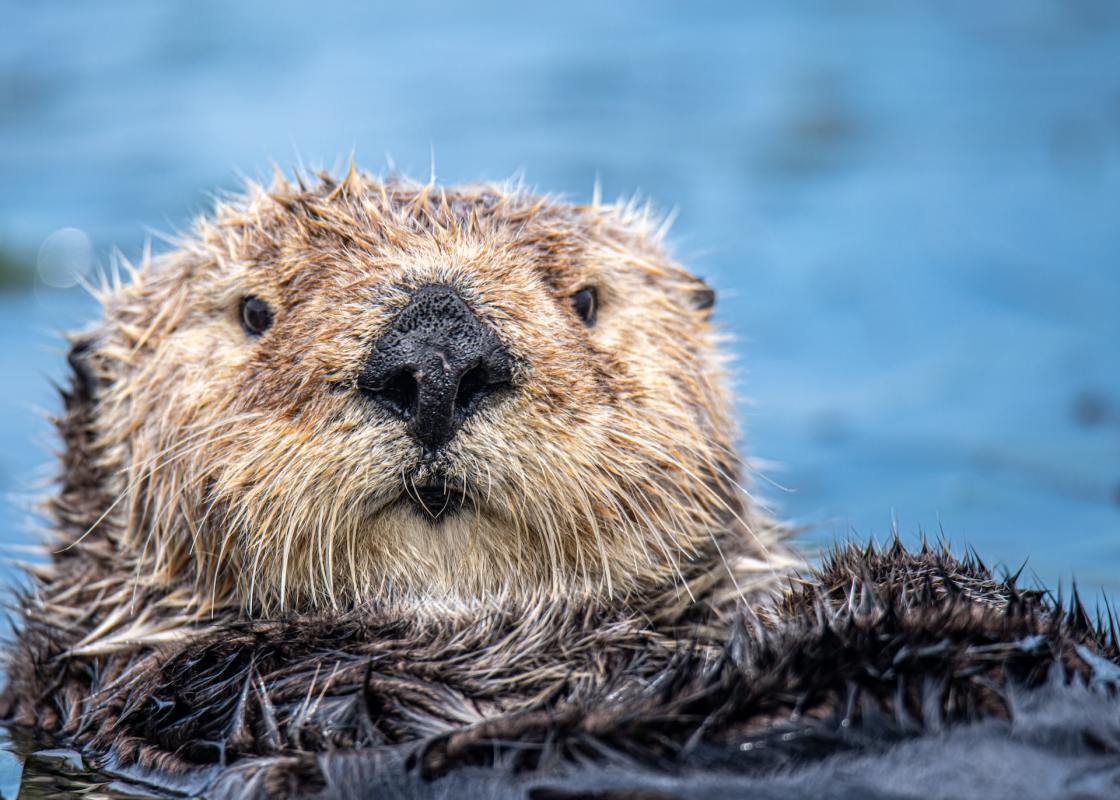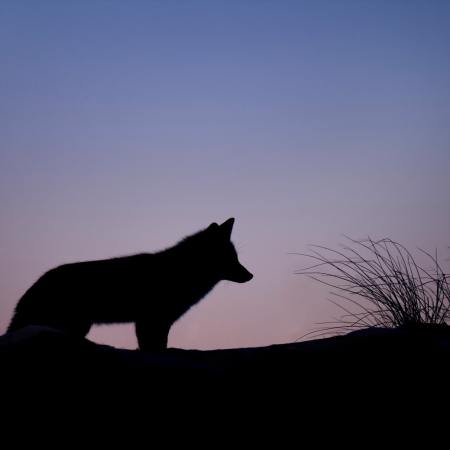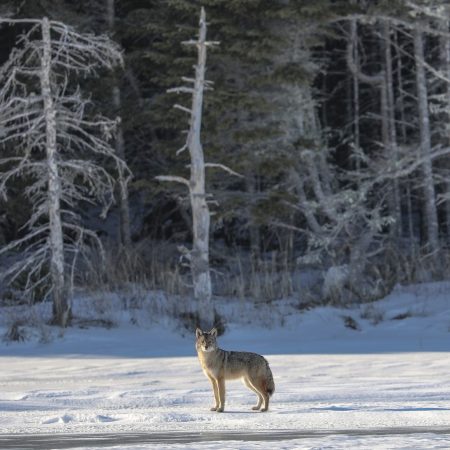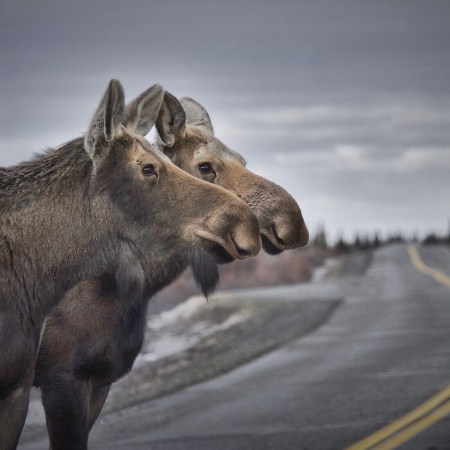When you see an image of a wolf pack on the hunt, what do you think they’re hunting? The answer, most likely, is deer. But that doesn’t mean that wolves won’t eat something else if they have the opportunity — or if their meal of choice isn’t available. No, this isn’t a prelude to an in-depth discussion of Liam Neeson punching wolves. Instead, it’s something much more unsettling.
Turns out there’s an island in Alaska where wolves have decided that sea otters are their main course. That’s the gist of a recent article from Smithsonian Magazine, which expands upon new research conducted by Oregon State University. That research, conducted by Oregon State and the Alaska Department of Fish and Game, tracked a clear shift over wolves’ dining habits from 2015 to 2020 on Pleasant Island, which is located west of Juneau.
When the study began, the study reveals, 75% of the wolves’ diet was deer, with 25% of it being otters. That had changed dramatically by 2017: at that point, deer had dropped to 7% of the wolves’ diet, while otters climbed to 57%. It is, the study’s authors believe, the first recorded instance of wolves shifting their culinary attention to otters.
The dietary shift is notable for another reason, according to Oregon State associate professor Taal Levi. “Sea otters are this famous predator in the near-shore ecosystem and wolves are one of the most famous apex predators in terrestrial systems. So, it’s pretty surprising that sea otters have become the most important resource feeding wolves,” Levi said in a statement. “You have top predators feeding on a top predator.”
Strange days indeed for one Alaskan ecosystem. It speaks to how resourceful wolves can be — which isn’t great news for any sea otters in the vicinity, unfortunately.
Thanks for reading InsideHook. Sign up for our daily newsletter and be in the know.

















